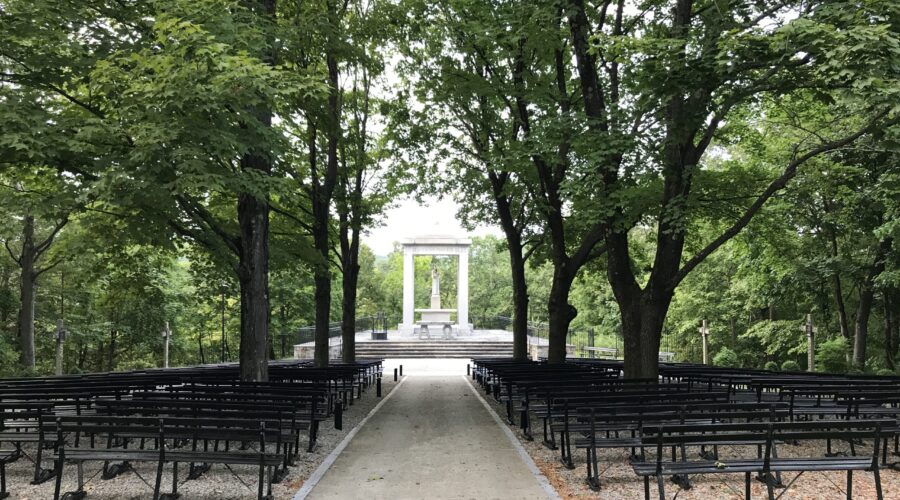One rainy day I was thinking about the word “integrity.”
I had just finished reading something about some ancient Christian hermit or desert dweller and their inspiring integrity. Someone already defined integrity for me as, “when you act the same when alone as when you are around other people.”
However, I was looking for more than just that. It just didn’t seem to fit the description I was reading.
Looking out my window, I asked myself, “Well, what is the opposite of integrity? Un-integrity? de-integrity? OH, ITS DIS-integrity! DISINTEGRATED.”
A life with integrity is a life that is integrated.
What does that mean?
It means that all of the parts of my life and your life fit together and have their proper place and respect. No part of our lives is working against another part of our lives. To want to keep a job, but to have other addictions like alcohol or Netflix get in the way is to have a disintegrated life, to have a life without integrity. The parts work against each other and it can end up tearing us apart.
Do my internal values match my external life, or is there a conflict between the two?
Do my values clash with the world’s values? What does that do inside of me?
Do I live my life in a way that works toward the kind of world I wish to see? Or, am I living the opposite?
Do I go about my life in a fragmented, contradictory way?
In Ephesians 1:10, Paul writes, “All things will be gathered together under the headship of Christ.” When I read that verse, I can’t help but think it means that all things will be integrated into one seamless whole, guided by the principles and the love of Christ. At that point, all things will have their originally intended integrity.
Looking around, it doesn’t seem to be helping that many of us have fragmented lives.
So why not get a head start on that now? Let’s make that final integrated wholeness start happening early.
What if Christian spirituality is designed to re-integrate all the aspects of our lives that we have allowed to disintegrate, to live our lives in a holistic way rather than a fragmented way? What would that kind of faith look like?
(This is an excerpt from my free book, Breadcrumbs: Reflections on a Reconstructed Faith eBook, which you can get for free when you sign up for the 5 on Friday Newsletter.
Sign Up Here: https://newsletter.johnchaffee.com)

